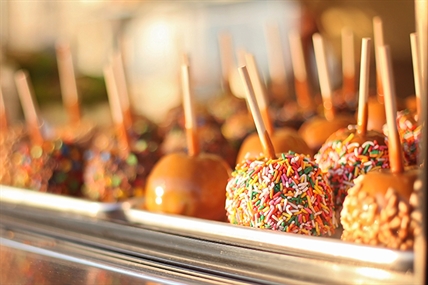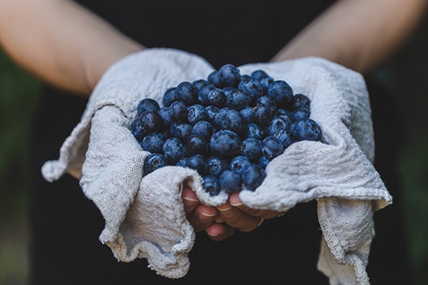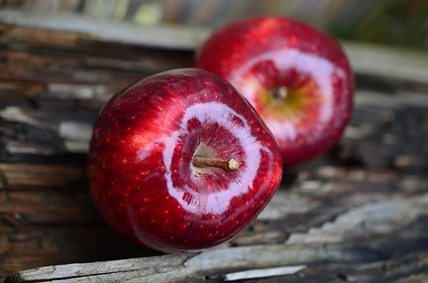Elevate your local knowledge
Sign up for the iNFOnews newsletter today!
[byline]

Even if your dog is enviously watching you enjoy your Kit Kat, the SPCA recommends not sharing your Halloween candy with your furry best friend.
Halloween is a particularly busy time of year for veterinarians especially pertaining to emergencies, says B.C. SPCA senior manager of animal health Emilia Gordon.
"On Halloween there's a couple things that tend to happen," Gordon says. "And they are: Dogs eat chocolate and other types of candy and treats; dogs ingesting marijuana is very common after Halloween; and dogs getting out and injured because of fireworks."
Chocolate contains a chemical called "theobromine" which is toxic to dogs and can attack their central nervous system. It works in conjunction with the caffeine in chocolate to stimulate their nervous system and depending on the dosage can affect their heart, Gordon says.
The signs of theobromine toxicity depends on the dog's size, and how much chocolate was ingested. Some symptoms may include: an upset stomach; hyperactivity; vomit and diarrhea that might smell like chocolate; shaking; and seizures.
"It's important to tell the vet right away and not wait and see if your dog shows symptoms," Gordon says. "Because sometimes the vet can do something like induce vomiting or something to prevent it from becoming a more serious problem."
WHAT ABOUT CANDIES THAT DON'T CONTAIN CHOCOLATE?

Not all candies contain chocolate, but Gordon says that doesn't mean they are OK for your pet.
"No candies are safe for dogs," Gordon says. "Even if they don't have chocolate in them they have fat or sugar which can be hard for dogs to digest and upset their stomach."
She further explains that some plain human food in small quantities is OK to give dogs as treats.
"But we don't usually recommend giving things that are highly fatty, or highly salty, or that may be presented in conjunction with things like chocolate or raisins or artificial sweeteners which are also toxic for dogs."
If you want to include your beloved dog in Halloween festivities, Gordon recommends buying peanut butter-based dog treats.
The SPCA released today a list of fruits that are also safe to give as treats, and some that are toxic with potential to cause kidney failure.
Human treats your dog can enjoy in moderation

Your dog can consume these with caution

Never give your dog

To contact a reporter for this story, email Shelby Thevenot or call (250) 819-6089 or email the editor You can also submit photos, videos or news tips to the newsroom and be entered to win a monthly prize draw.
We welcome your comments and opinions on our stories but play nice. We won’t censor or delete comments unless they contain off-topic statements or links, unnecessary vulgarity, false facts, spam or obviously fake profiles. If you have any concerns about what you see in comments, email the editor in the link above.
Want to share your thoughts, add context, or connect with others in your community?
You must be logged in to post a comment.